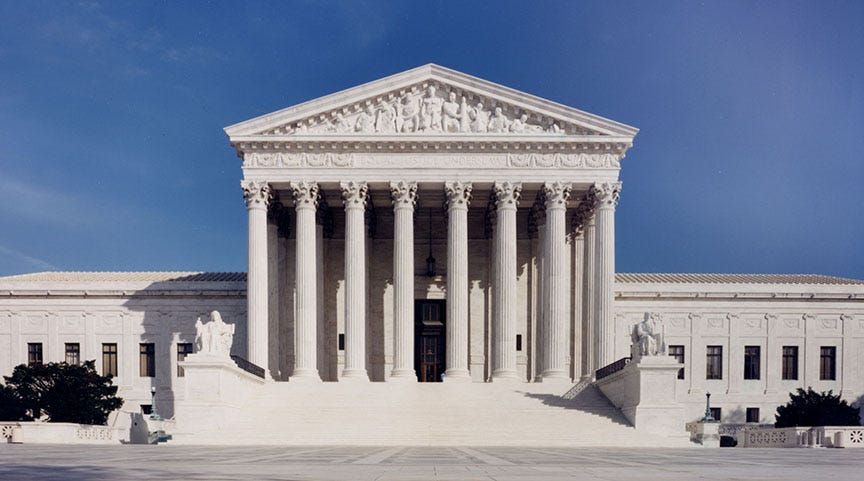Reading The Skrmetti Briefs As History
Because the case will make history
“Suing Alabama was the single biggest strategic mistake transgender advocacy groups made in their zeal to defend sex ‘change’ procedures for kids,” Leor Sapir wrote on Twitter/X last week. “I've never seen a decision backfire so spectacularly.” Sapir was referring to this amicus brief from the Alabama attorney general to the Supreme Court of the United States regarding the Skrmetti case, which is scheduled for a hearing in December.
While the case is about Tennessee’s ban on pediatric transition, “Alabama has exposed a medical, legal, and political scandal that will be studied for decades to come,” reads the brief. In a series of disclosures made through discovery in the 11th Circuit federal court, Alabama has exposed the scientific pretenses of pediatric ‘gender medicine’ as a politically-driven sham.
“The federal government, ‘social justice lawyers’ from prominent activist organizations, and self-appointed experts at the World Professional Association for Transgender Health (WPATH) c…




